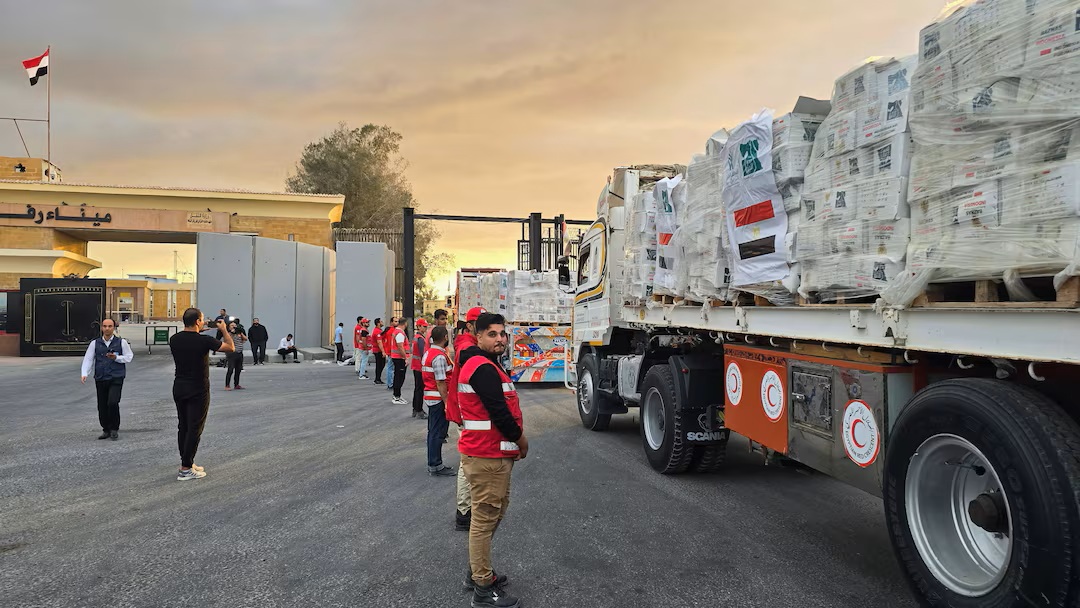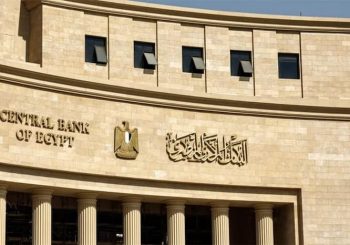Israel announced on Tuesday, 14 October, that the Rafah border crossing between Palestine and Egypt will remain closed, with the possibility of extending the closure, until Hamas hands over the remains of the hostages. The closure will sharply reduce the flow of humanitarian aid into the besieged enclave, according to three Israeli officials who spoke on the condition of anonymity.
The move follows what Israeli officials described as Hamas’s failure to hand over the bodies of hostages it has been holding, as required under the terms of a recently brokered cease-fire agreement mediated by the United States. The officials did not specify how long the closure would remain in place.
Hamas has said that recovering the remains of several hostages could take additional time, citing the extensive destruction across Gaza, where many areas remain buried under rubble from months of Israeli bombardment.
The Rafah crossing, Gaza’s main conduit for both humanitarian supplies and people seeking to leave the enclave, has been a focal point of international concern since the conflict’s early days. Aid groups warn that the continued closure threatens to worsen an already dire humanitarian crisis, with food, medical supplies, and fuel running critically low.
The new tension underscores the fragility of the cease-fire deal, which U.S. and regional mediators hoped would open a path toward renewed negotiations over the remaining hostages and expanded humanitarian relief.







Comments (0)